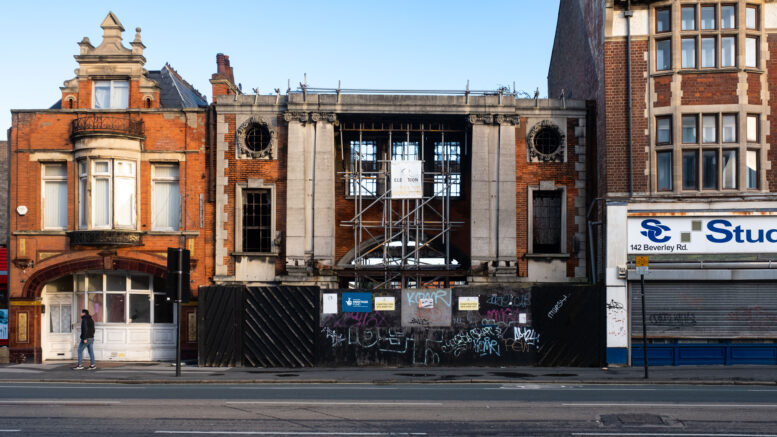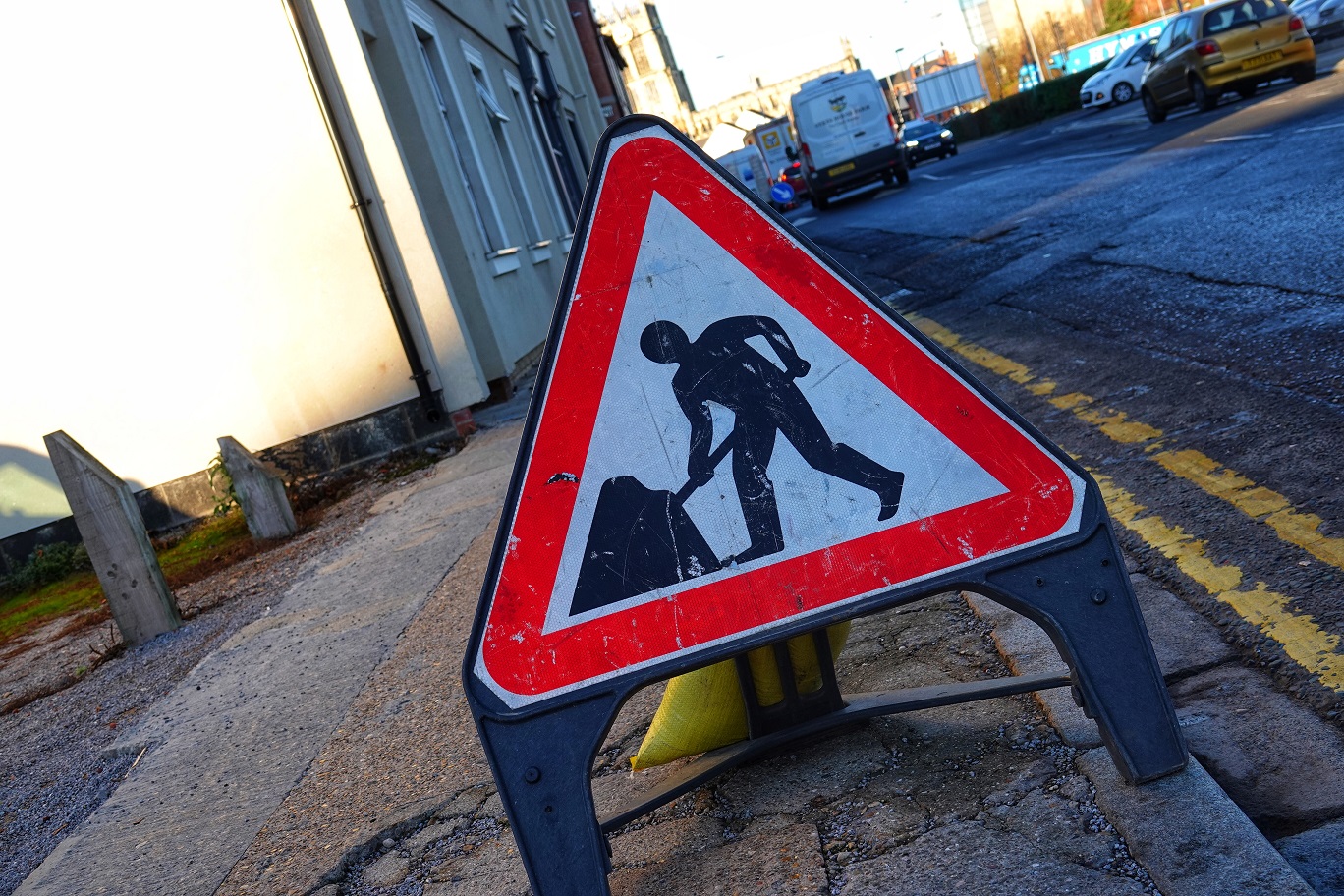Local contractor, Hobson and Porter, has been appointed to restore and preserve the last remaining WW2 civilian ruin in the UK, National Picture Theatre, on Beverley Road.
Thanks to funding from Hull City Council and The National Lottery Heritage Fund, the façade will be restored to its former period style, including its iconic windows and signage.
Structural elements, including the two large concrete beams, which saved the lives of the 150 people inside the theatre on the night it was bombed, will also be preserved.
Set to become a flexible space for community events and education, it will also become a place of reflection for the 1,200 Hull civilians that died during WW2.
Hobson and Porter has delivered other heritage projects within the city and work on this historical site will get underway in the coming weeks.
Gillian Osgerby, Programme Director at Hull City Council, said: “It is great to reach this key milestone in restoring this iconic site and tell its remarkable story. It’s a reminder of how civilians on the home front were affected by the Blitz.
“After London, Hull was the UK’s most bombed city during World War 2 and thanks to National Lottery players, we can now remember and recognise the sacrifice that was made.”
The former National Picture Theatre was designed by architects Runton and Barry for the De-Luxe Theatre Company and was constructed in 1914.
The building was badly damaged during a Luftwaffe air raid on 18 March 1941, although none of the 150 people inside the cinema at the time were killed or seriously injured.
The former National Picture Theatre gained Grade II listed status in 2007 due to its significance as a rare surviving bomb-damaged building from the Blitz of the Second World War.
Air raids on Hull went on longer than on any other British city and, out of Hull’s 91,660 houses, only 5,945 survived the air raids undamaged.
Remedial work to stabilise the building took place in 2020 and now the major works are scheduled to begin in the coming weeks.
It is expected to be complete in the autumn.




